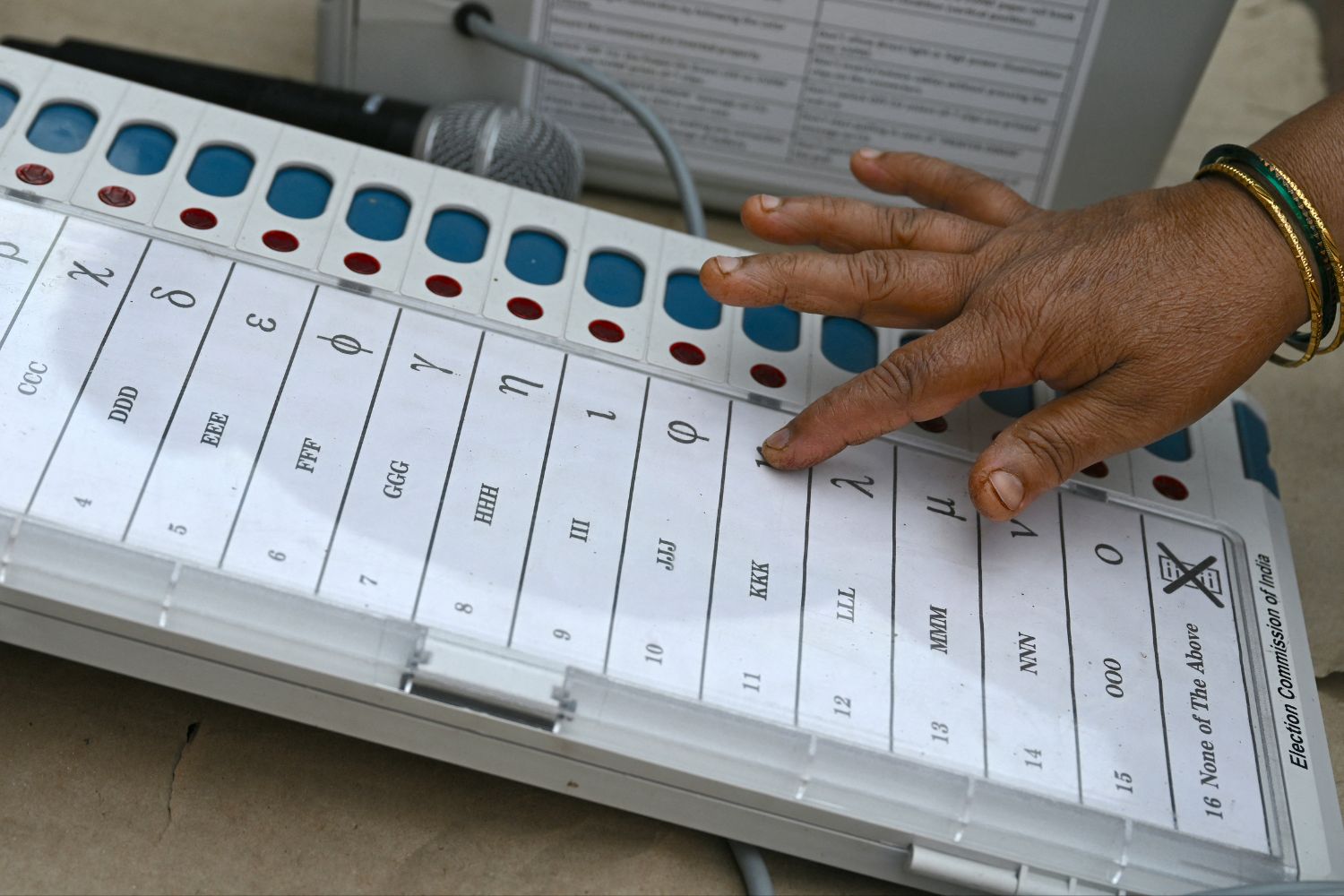BRICS nations have embarked on a series of strategic initiatives aimed at reducing their dependence on Western-dominated systems and establishing a more balanced global order. In an attempt to further this, BRICS nations are considering the creation of an independent internet service. This move is set alter the global digital landscape, reflecting a growing desire for the alliance to assert their own economic, technological, and cultural influence on the world stage.
Led by Dmitry Gusev, the Deputy Chairman of the State Duma Control Committee, this initiative aims to establish a digital platform for BRICS countries with the aim to challenge and reduce western technological influence, which is used globally.
The idea behind this proposal is the ambition to liberate BRICS countries from US influence over global internet services. Western countries have dominated in social media, news, and entertainment, which in turn has shaped the world’s digital narrative and made western countries model countries for the global community.
To change this and move away from western controlled platforms BRICS countries are looking into establishing a self-reliant digital sphere that will speak to their needs and further narratives that show a true reflection of the countries within the bloc.
Deputy Chairman of the State Duma Control Committee, Dmitry Gusev, has presented a proposal that tackles this and provides an alternative to the nation states that form part of the alliance. The proposal is titled “A Single Inclusive BRICS+ Cyberspace,”. It envisions a new internet ecosystem that prioritizes traditional values and bypasses Western influence.
The proposal looks at technological independence, where the nation states will be able to leverage the platforms to teach the global communities on their cultures and use means of communication that align with the countries values. Gusev envisions an internet space where “traditional values and goodness prevail,” countering the Western narrative.
ALSO READ: The Potential and Hurdles of a BRICS Currency: Exploring Benefits and Challenges
Global South countries have rich cultural identities and diverse linguistic landscapes that may not always be fully represented on platforms developed by Western tech companies. By creating their own digital platforms, countries can promote local languages, traditions, and cultural content, fostering a sense of cultural pride and identity among their citizens. These platforms can serve as important repositories of local knowledge and heritage, preserving and celebrating the unique cultural heritage of the region.
This initiative is not merely a technological pivot but part of a broader strategy to reduce Western dominance across multiple domains, including the internet. The internet plays a crucial role in the development and progress of countries in various ways, shaping their economies, societies, and cultures. It is a powerful tool that can be used to drive economic development, enhance education and knowledge sharing, foster communication and connectivity, spur innovation and entrepreneurship, improve healthcare and public services, and promote cultural exchange and globalization.
Access to the internet is essential for countries to harness the full potential of the digital age and achieve sustainable growth and prosperity for their citizens. The dominance of tech giants like Google, Amazon, and Meta (formerly Facebook) is undeniable in today’s digital landscape. These companies wield immense power and influence, shaping everything from how we search for information to how we shop online and interact on social media.
By doing so, these countries can assert greater control over data and privacy, promote local innovation and entrepreneurship, address digital access issues, celebrate cultural diversity, and safeguard national sovereignty and independence in the digital age. This proposal aligns with ongoing efforts to challenge US dollar supremacy, reinforcing BRICS’ expanding influence in global affairs.
The inclusion of new members such as Saudi Arabia, the UAE, Argentina, Egypt, Iran, and Ethiopia into the BRICS bloc highlights the growth of the bloc. President Xi Jinping. Speaking at the World Internet Conference, he called for a “more inclusive and prosperous cyberspace,” echoing the BRICS vision of committing to shaping digital environments that respect cultural diversity.
This initiative represents a major shift in the global digital order. BRICS nations are not only seeking to establish their own internet service but also aiming to redefine the narratives and values that shape the digital world. BRICS nations are on a trajectory to reshape the global order and assert their sovereignty in the face of Western influences.
Through economic diversification, technological innovation, strategic expansion, and cultural assertion, these emerging powers are challenging existing norms and advocating for a world where multiple voices and perspectives are valued. As they continue to collaborate and navigate their collective journey, the influence of BRICS nations is poised to grow, offering new possibilities for global cooperation and development in the years to come.
ALSO READ: Saudi Arabia hosts GREAT Futures Initiative Conference













